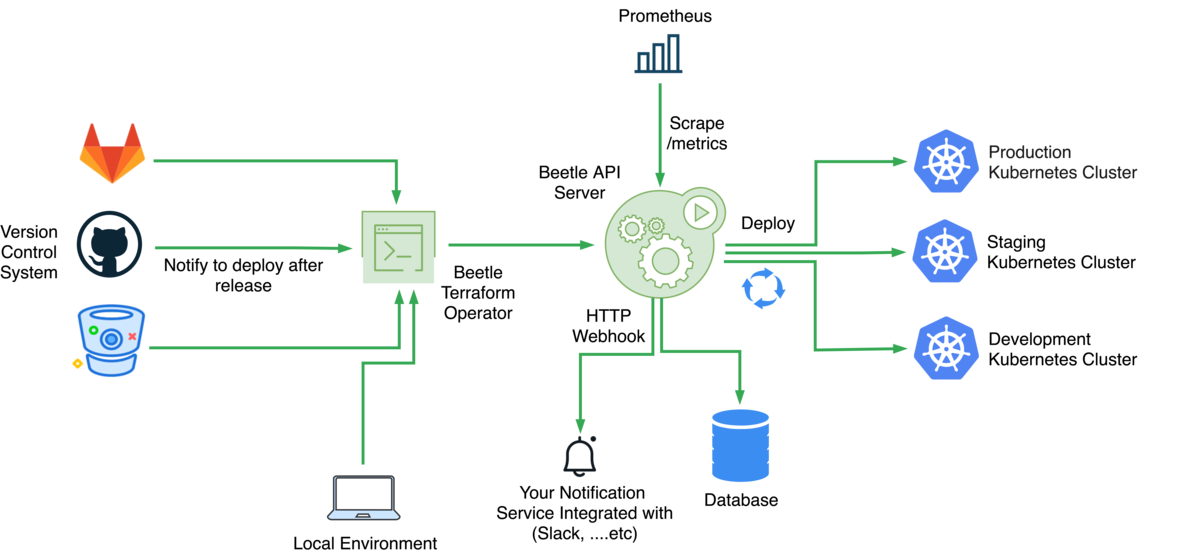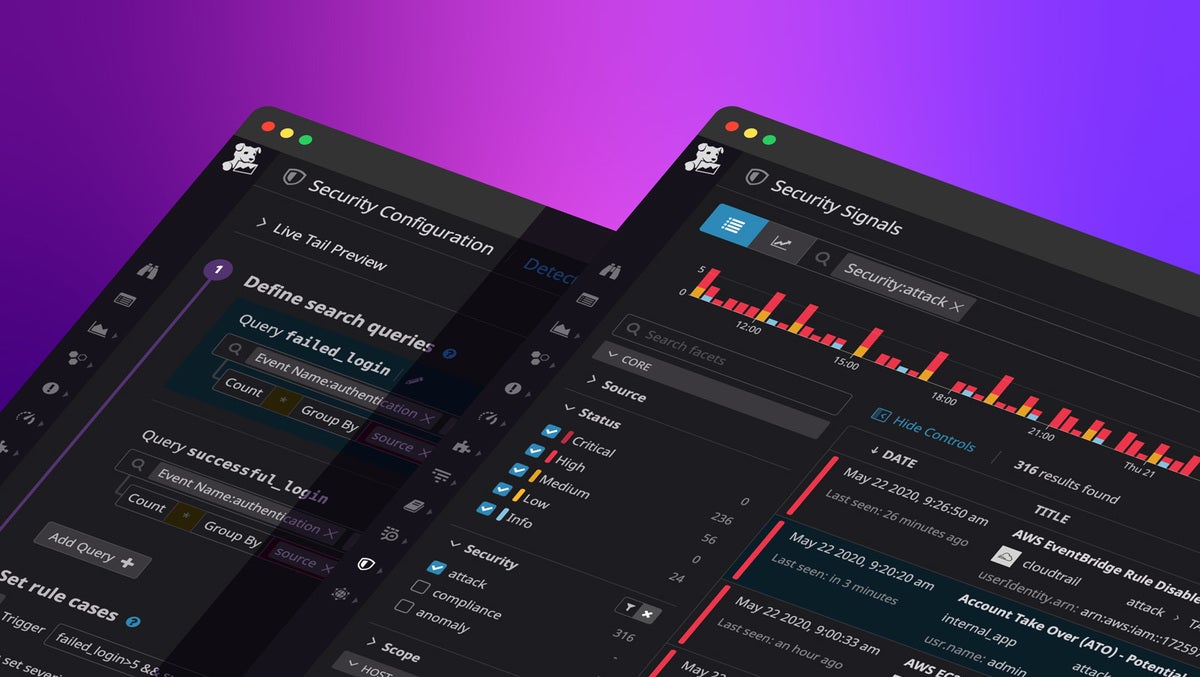 secondbreakfast.co
secondbreakfast.co
Will Schreiber:
I watched then-PM Sundar Pichai announce Chrome OS. My heart raced. It was perfect.
I got my email through Gmail, I wrote documents on Docs, I listened to Pandora, I viewed photos on TheFacebook. Why did I need all of Windows Vista?
In 2010, I predicted that by 2020 Chrome OS would be the most popular desktop OS in the world. It was fast, lightweight, and $0.
Will isn’t the only one that thought Chrome OS would change the game. 10 years later his usage patterns tell a much different story.
logged by jerodsanto
•
Discuss
•
#google
 YouTube
YouTube
This episode of JS Danger recorded for OpenJS World won’t be hitting the audio feed, so I figured I should log it in news for those interested. What’s JS Danger?
JS Party’s don’t-call-it-jeopardy game show where 3 OpenJS World speakers put their web dev knowledge to the test. Can you out-wit your fellow devs? Play along to find out with special guests Cassidy Williams, Prosper Otemuyiwa, and Tiffany Le-Nguyen.
logged by jerodsanto
•
Discuss
•
#conferences#javascript
 noreasontopanic.substack.com
noreasontopanic.substack.com
Patrick DeVivo:
Caring less about code doesn’t mean caring less about its outcome. In fact, putting the outcome before the implementation can really unlock you to think about the problems that “matter.” The value your software delivers, not the software itself.
logged by jerodsanto
via patrickdevivo
•
Discuss(1)
•
#practices
 tonsky.me
tonsky.me
According to my research among programmers, 43% are still using monitors with pixel per inch density less than 150…
Why is this a problem? Because the only way to get good letters is by spending more pixels per letter. That simple. In the past, the displays’ pixel count was small, so we learned to live with that and even invented some very clever tricks to make our lives better.
Nikita goes on to share more details of how text looks on a low-resolution display vs a retina display. I’d love to see a follow up poll of the 43% using 150 PPI or less monitors on “why” they haven’t made the move to retina yet.
logged by adamstac
•
Discuss(1)
•
#hardware#culture
 bmalehorn.com
bmalehorn.com
Docker is expected about 5x slower…
Docker on a Mac utilizes a hypervisor. Hypervisors rely on running the same architecture on the host as the guest, and are about about 1x - 2x as slow as running natively. Since you’re running ARM Mac, these hypervisors can only run ARM Linux. They can’t run x86_64 Linux.
And, “VirtualBox won’t work.”
VirtualBox is a hypervisor. Therefore, it won’t be able to run x86 Windows or x86 Linux.
And, “Boot Camp won’t work.”
Boot Camp is an Apple-approved way to dual-boot Mac OS and Windows. Boot Camp will definitely not be available on ARM Macs. It might be added later with the ability to run ARM Windows, though Microsoft would have to approve.
logged by adamstac
•
Discuss(1)
•
#macos
 gist.github.com
gist.github.com
DHH posted a gist sharing HEY’s Ruby dependencies for the curious. It’s a pretty stock Rails app with MySQL (?!) and Redis stores, Elasticsearch, and a few other niceties. One line that caught my eye was:
gem 'turbo', github: 'basecamp/turbo'
That points to a private repo, so there will probably be some new open source turbolinks stuff here real soon. Anything else in this Gemfile catch your interest?
logged by jerodsanto
•
Discuss(1)
•
#rails#ruby
 github.com
github.com
Application deployment and management should be automated, auditable, and easy to understand and that’s what beetle tries to achieve in a simple manner. Beetle automates the deployment and rollback of your applications in a multi-cluster, multi-namespaces kubernetes environments. Easy to integrate with through API endpoints & webhooks to fit a variety of workflows.

logged by jerodsanto
•
Discuss
•
#go#kubernetes
 codewithoutrules.com
codewithoutrules.com
I knew I was going to nod my head in approval before I even landed on Itamar’s website:
Imagine you’re training to become a chef. You will need to learn how to use a knife correctly, to chop and dice safely and quickly.
And yes, you need a sharp knife. But when you’re starting out, it doesn’t matter which knife you use: just pick something sharp and good enough, and move on. After all, the knife is just a tool.
The people eating the food you cook don’t care about which knife you used: they care how the food tastes and looks.
After six months in the kitchen, you’ll start understanding how you personally use a knife, what cuisines you want to pursue, what techniques you want to vary. And then you’ll have the knowledge to pick a specific knife or knives exactly suited to your needs.
But remember: the people eating your food still won’t care which knife you used.
I’ll just leave this right here.
logged by jerodsanto
•
Discuss
•
#practices
 htmx.org
htmx.org
htmx allows you to access AJAX, WebSockets and Server Sent Events directly in HTML, using attributes, so you can build modern user interfaces with the simplicity and power of hypertext.
htmx is small (~7kb gzipped), dependency-free, and even IE11 compatible. It’s the successor to intercooler.js and even comes bundled with a very nice haiku:
javascript fatigue:
longing for a hypertext
already in hand
logged by jerodsanto
via recursivedoubts
•
Discuss
•
#javascript#html
 Six Colors
Six Colors
Speaking of WWDC and possibly-overlooked announcements… Dan Moren has a great round-up on Six Colors of some small-yet-significant things like iOS Back Tap, App Store review process modifications, improvements to Shortcut, and more.
logged by jerodsanto
•
Discuss
•
#apple
 jvns.ca
jvns.ca
Julia Evans:
I was pretty surprised by how much I could get done with just plain JS. I ended up writing about 50 lines of JS to do everything I wanted to do, plus a bit extra to collect some anonymous metrics about what folks were learning.
Listeners of JS Party know I’m an advocate for JavaScript sprinkles. Not on every site, but on most sites I think that’s the best way to start out.
Now more than ever, you can get a lot done with what’s right there in the browser. Wait until you feel the pain before you solve the problem. Who knows, maybe you’ll never have to…
logged by jerodsanto
•
Discuss
•
#javascript
 Harvard Business Review
Harvard Business Review
I’ll save you a click if you’re only curious what those two things are:
1️⃣ connected devices
2️⃣ meetings
You and your business will benefit greatly if you can address these issues. You and everyone on your team will enjoy yourselves more and accomplish more. The data echoes what our common sense tells us: We need to carve out more time for ourselves if we want to remain focused and effective at work. These five daily practices will help.
logged by jerodsanto
•
Discuss
•
#brain-science#productivity
 changelog.com/posts
changelog.com/posts
I am now making more money than I’ve ever made while developing open-source software for a community that I adore. Pinch me, I’m dreaming.
Was it luck? there’s certainly been a lot of that.
Was it fate? Let’s leave religion out of this mmkay?…
Was it that the software I built was so incredibly compelling that it forced 535 people to give me at least $14/mo. to keep working on it? …I wish.
It’s more than that though. There were some key things I did along the way to get here. Let me tell you all about them.
by Caleb Porzio
•
Discuss
•
#sustainability#github
 The New Stack
The New Stack
No matter how much investment software companies may put into tooling and training their developers, “C++, at its core, is not a safe language,” said Ryan Levick, Microsoft cloud developer advocate, during the AllThingsOpen virtual conference last month, explaining, in a virtual talk, why Microsoft is gradually switching to Rust to build its infrastructure software, away from C/C++. And it is encouraging other software industry giants to consider the same.
This sounds SO familiar, as heard from Josh Aas recently on The Changelog (listen here).
We certainly should not be writing any new code in C and C++. The opportunity for vulnerabilities – I mean, it absolutely will have vulnerabilities, and we need to get that type of code away from our networks to start with, and then probably away from most other things, too… So I would hope that in 10-20 years we think it’s crazy to be deploying major (or maybe even minor) pieces of software that are written in languages that are not memory-safe.
So we’re trying to remove code written in C and C++ from our infrastructure at Let’s Encrypt. I think that’s just a basic part of diligence applied to secure infrastructure. If your stack is some giant pile of C++ or C at the network edge, followed by OpenSSL written in C, followed by a Linux kernel written in C, glibc - your whole pathway has got all this code that you just know is full of security holes. It absolutely is. You just can’t claim that those are even close to secure systems. They’re absolutely not. We’re gonna look back on this and
say “That was crazy. We have better options today.”
logged by adamstac
•
Discuss
•
#microsoft#rust#security
|







